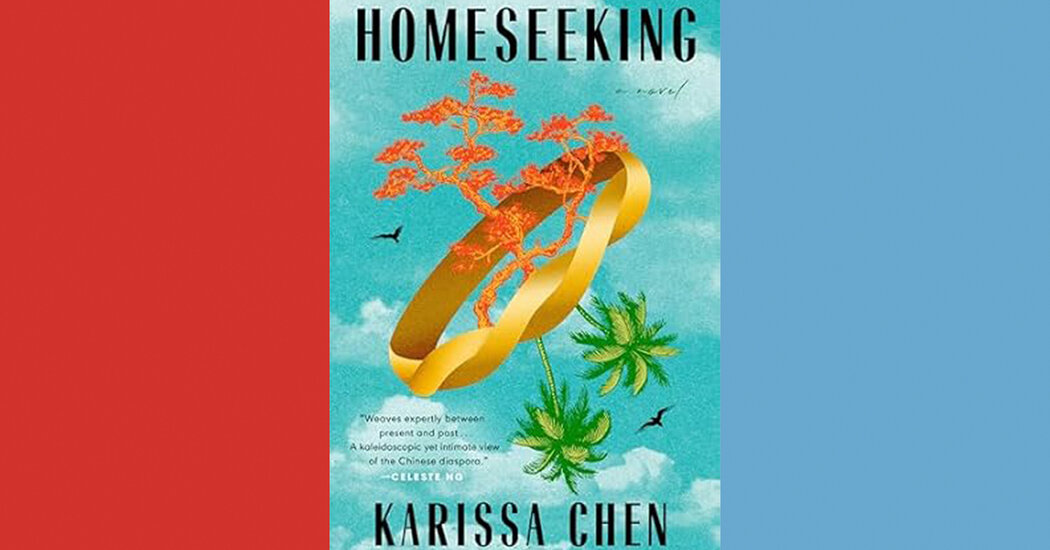To answer these questions, the story catapults through time to reveal significant moments in Suchi and Haiwen’s lives. We jump from their first meeting as children in 1938 Japanese-occupied Shanghai, to Haiwen’s military service in Taiwan, to Suchi’s escape to Hong Kong with her sister, Sulan. Ordeals personal and global shape Suchi and Haiwen — both are forced to abandon their families, who, back in Shanghai, endure a Communist takeover, famine and the Cultural Revolution. Both marry, raise children and redefine home in the Chinese diaspora. Haiwen’s lucky to find love. Suchi, financially desperate, marries a man whose cruelty deflates her.
The novel’s scope is ambitious and mostly successful. Through her characters’ ranging sensibilities, Chen examines the psychological aftershocks of war. Haiwen is a dreamer, contemplating what could have been had he made different choices. “How he longed to live a synthesis of all the lives he had lived and not lived,” Chen writes. Suchi, scarred by her experiences, can only look forward. The novel’s dynamic structure mimics these coping mechanisms, unveiling Haiwen’s perspective from present to past, and Suchi’s past to present.
The narrative occasionally lags though. We spend most of our time focused on Haiwen and Suchi, but a more surprising and morally-fraught story lies with their families in Shanghai, whose misfortunes — like betraying a parent for one’s own survival — are summarized in dialogue. And though Chen maneuvers every temporal and geographical shift, efforts to convey the political context of each new era can outweigh character development, undercutting the emotional breadth this story carries. It’s difficult to know these individuals outside of their shared trauma.
But trauma is not all that links these characters. The idea of yuanfen — destined connection — operates as a motif that unifies these star-crossed lovers. It’s a fortune teller’s prediction of strong yuanfen between Haiwen and Suchi that informs Haiwen’s decision to leave in 1947 — convincing him that he and Suchi will be “pulled toward each other again and again.” And yuanfen is embedded in the very structure of the book, reflected in a powerful moment when timelines converge only to proceed in opposite directions.
History and fate, displacement and separation. These are grand topics, but through Suchi and Haiwen’s quests for belonging amid insurmountable conflict, “Homeseeking” captures the enduring and unexpected ways these larger forces impact individual lives.
